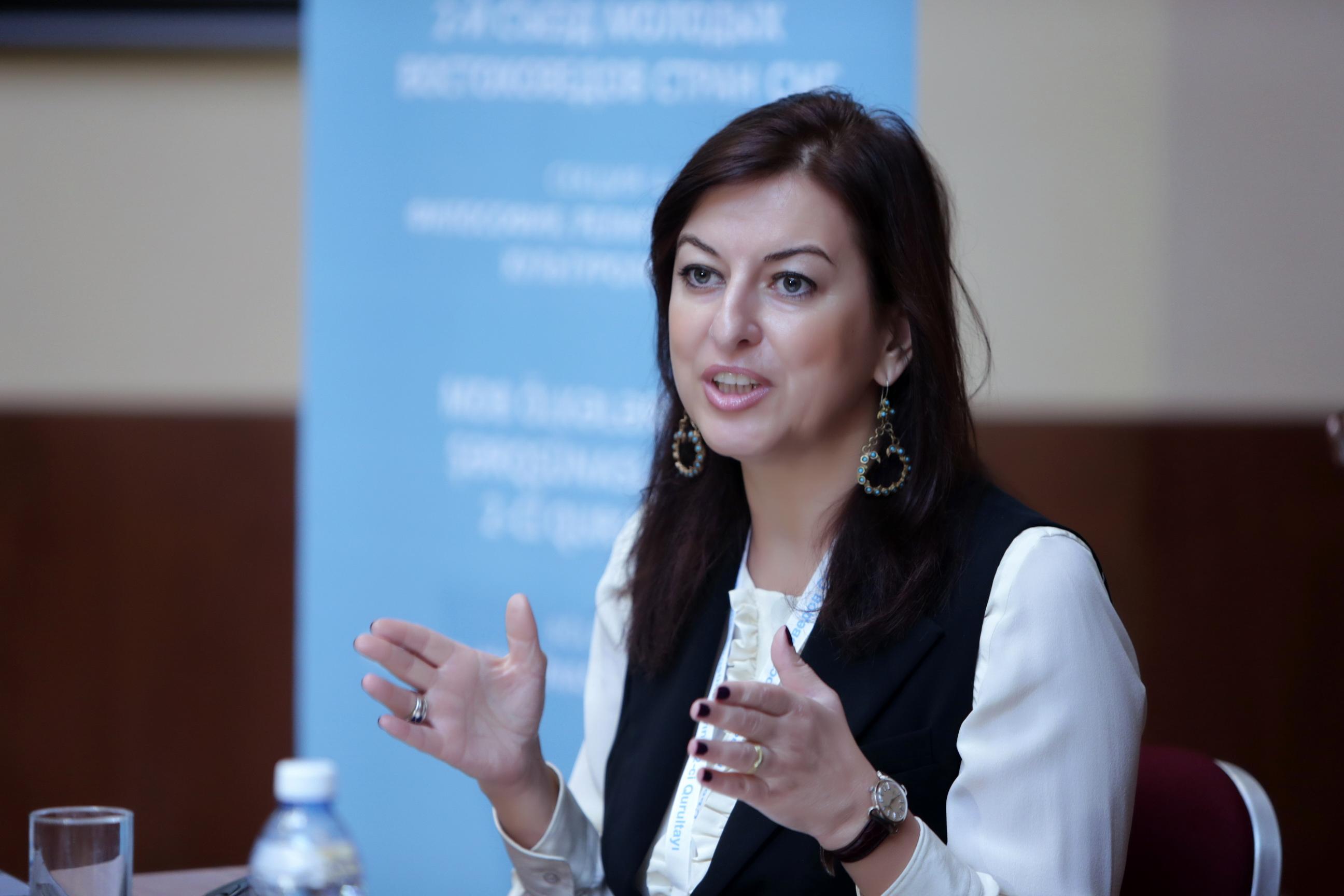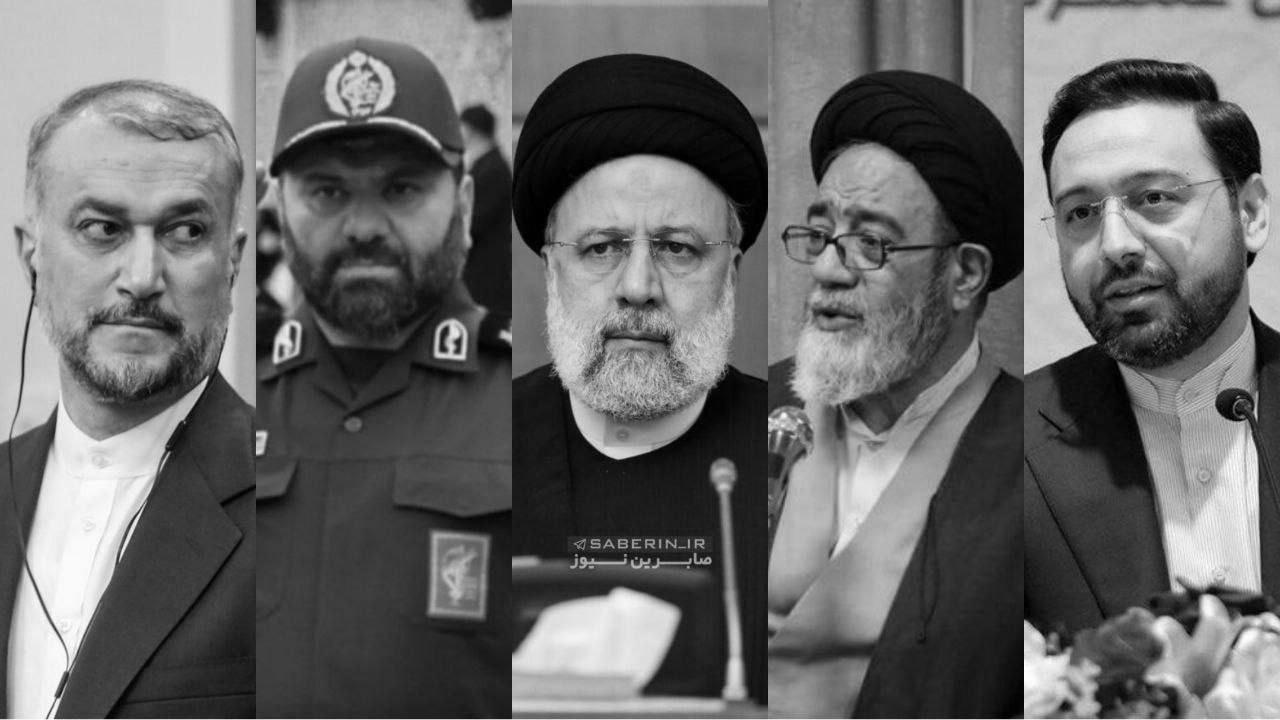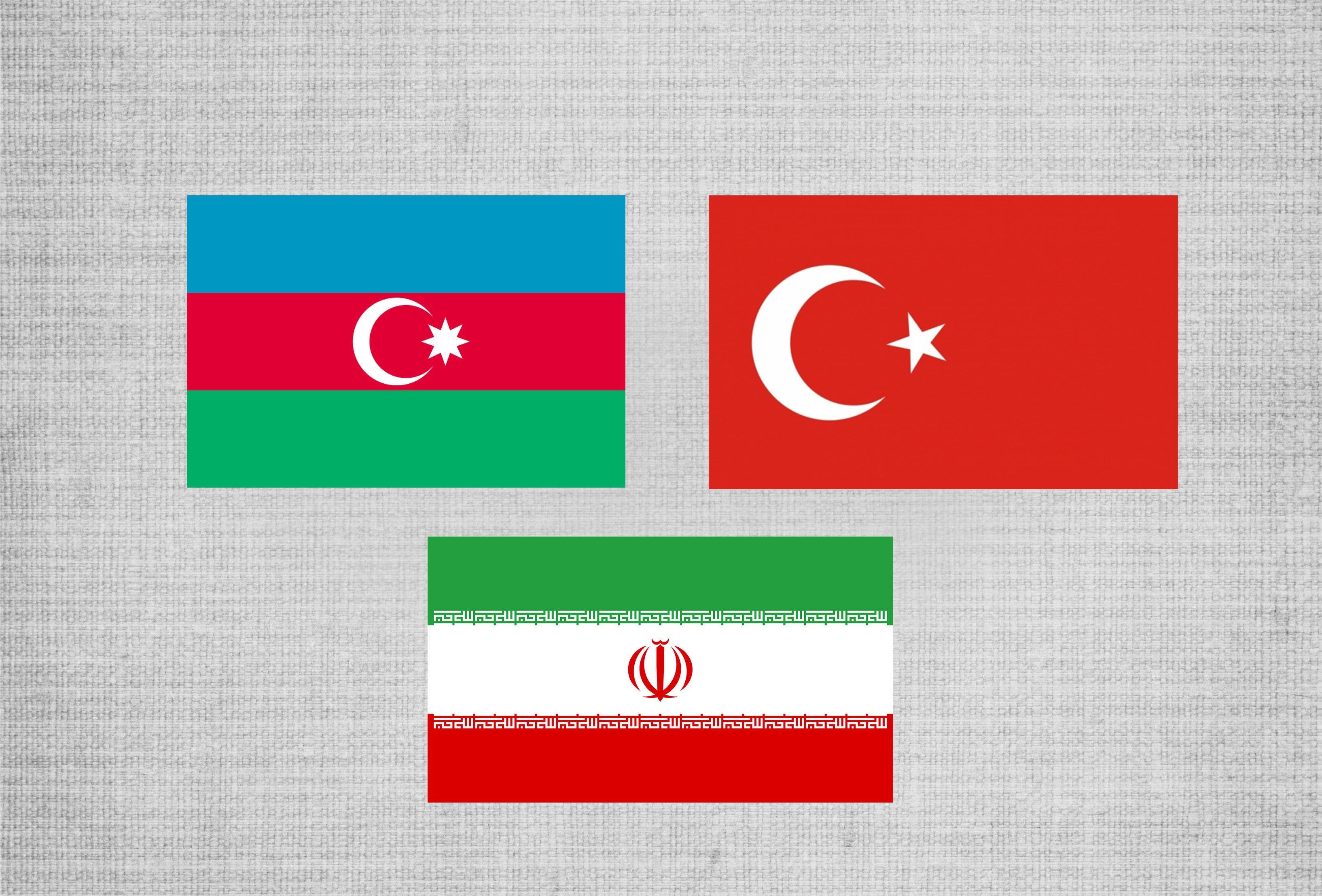Iran's change of president won't affect rapprochement with Russia, China, Azerbaijan and Türkiye Expert insight
Caliber.Az presents an interview with Lana Ravandi-Fadai, PhD in History, Head of the Oriental Cultural Centre, Senior Researcher at the Institute of Oriental Studies of the Russian Academy of Sciences, Associate Professor at the Department of Modern Oriental and African Studies of the Russian State University of Humanities.

- A terrible tragedy has occurred, resulting in the death of Iranian President Ebrahim Raisi and his entourage. Mourning has been declared in the country, after which preparations will apparently begin for presidential elections. Does the Iranian Constitution provide any mechanism for such cases?
- The catastrophe came completely unexpectedly and shocked both Iranians and the whole world. It is also a personal shock for me, because I have known Hosein Amir Abdollahian personally for a long time, and we even exchanged congratulations on Novruz Holiday in early spring of this year. It is very hard to feel that he and other prominent figures of Iran's intellectual and political elite, including President Raisi, are no longer with us. I would not put forward any versions of the disaster before the official results of the investigation are announced.

The Iranian constitution provides for a procedure to replace the deceased president: the first vice-president, in this case Mohammad Mokhber, is temporarily appointed to replace him and has already taken up the post. According to the constitution, Mokhber will serve as president for two months, after which a special council must organise a presidential election. Accordingly, the newly elected president will then form Iran's new government.
- How will the domestic political situation in Iran change after Raisi's death? There is an opinion that a tough battle between liberals and conservatives may now begin....
- Indeed, Raisi was seen by many as one of the clear favourites for the position of Supreme Leader - it is the Supreme Leader, not the President, who holds all the power in Iran, while the President is more of a representative position. Now the most obvious favourite is the son of current leader Mojtaba Khamenei.
Let us consider a possible clash between liberals and conservatives: firstly, the term "liberal" is a bit of a misnomer, because there are no classical liberals in Iran in the strict political science sense. All Iranian so-called "liberals," for example, advocate the inseparable connection of religion and politics, which is contrary to the foundations of classical liberalism. And in essence, there is a division into ultra-conservatives, centrist conservatives and reformers. The latter are the most moderate forces, but they are also in favour of preserving the fundamentals of the Islamic regime, but with serious relaxations in domestic and foreign policy. In addition, the reformers have been seriously weakened in the last decade and a half, and therefore they will not show themselves seriously, so the ultraconservatives will actually fight each other without competition from other political forces.
- Should we expect changes in Tehran's foreign policy, particularly with regard to Azerbaijan and Türkiye?
- Frankly, I don't think so. Türkiye and Azerbaijan are too important for Iran. Let us recall at least that it was Türkiye that helped in the search for the presidential helicopter, which sent rescuers to the area, and it was a high-tech Turkish drone that helped locate the crash site. We know that Azerbaijan has also expressed its readiness to provide the necessary assistance. So I think Tehran's policy towards Türkiye will remain the same.

As for Azerbaijan, I do not doubt it: the sides have made many steps towards each other recently. We may hear some voices accusing Azerbaijan and Türkiye indiscriminately of something, but these attacks will not affect Tehran's official foreign policy. In fact, such reactionary forces are always present in Iran.
- What about Iran's policy towards Russia and the US?
- Given, as I noted above, that Iran's domestic and foreign policy today is dominated by ultraconservatives, I would not expect any significant foreign policy changes in Iran. Let's remember that President Raisi himself advocated a well-considered multipolar policy of the country, for improving relations with neighbours and important strategic players: in addition to Russia, with India and China, in the Middle East - with Saudi Arabia and other countries of the region.
So it seems to me that the new president will have similar views. Iran will continue to get closer to Russia, China, India, Azerbaijan, Türkiye and confront the West led by the US. Perhaps the already very strained relations with Washington will deteriorate for a while if Tehran believes that America was somehow involved in the death of the president.








